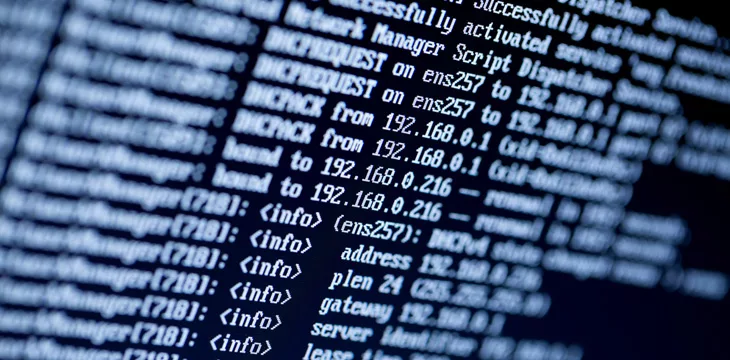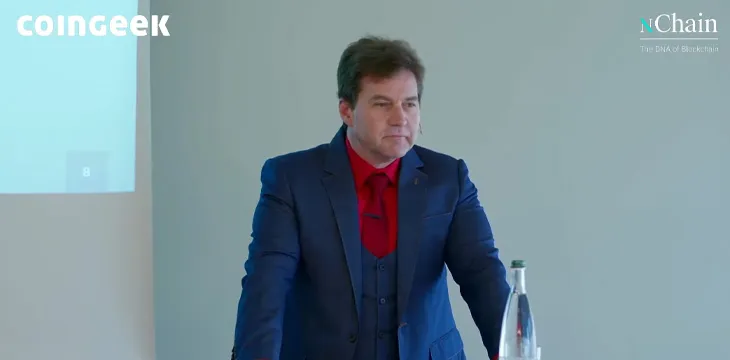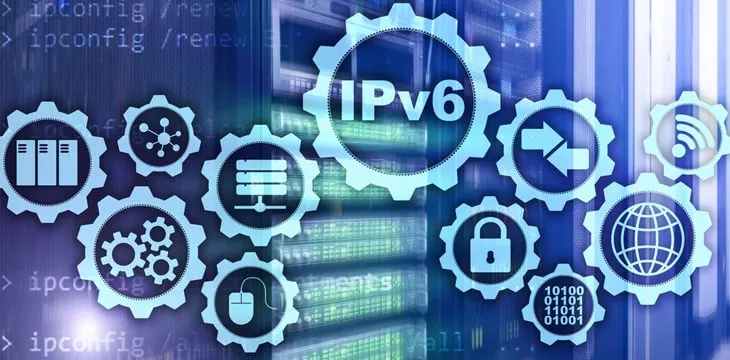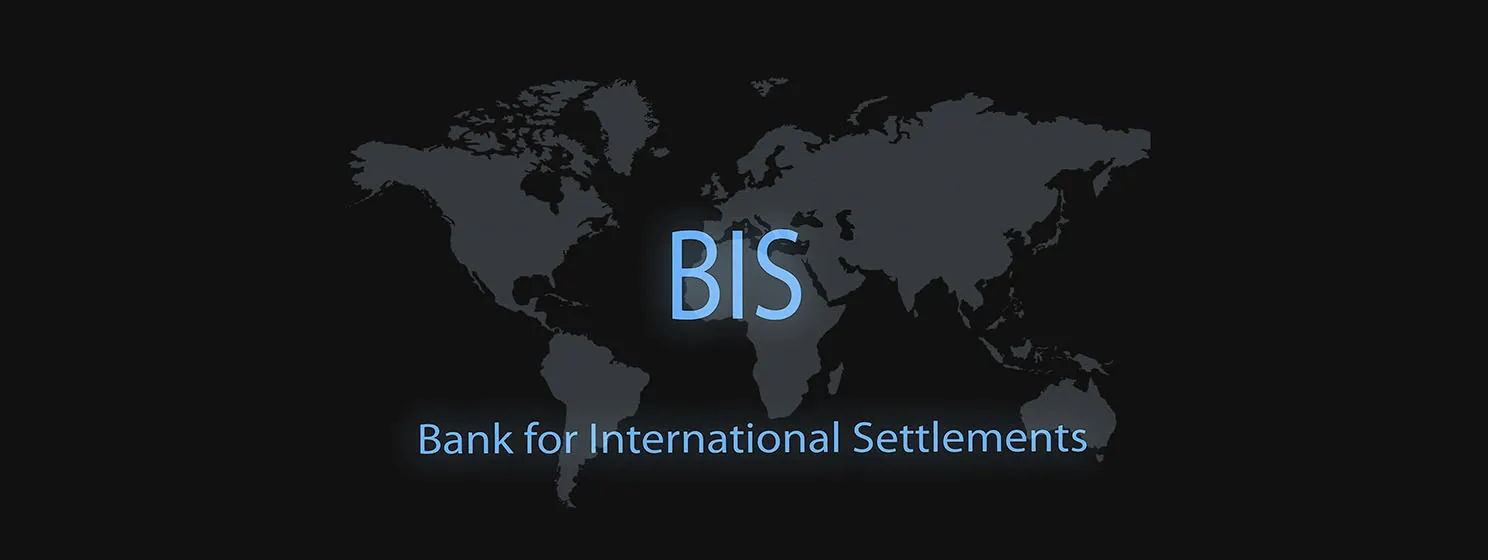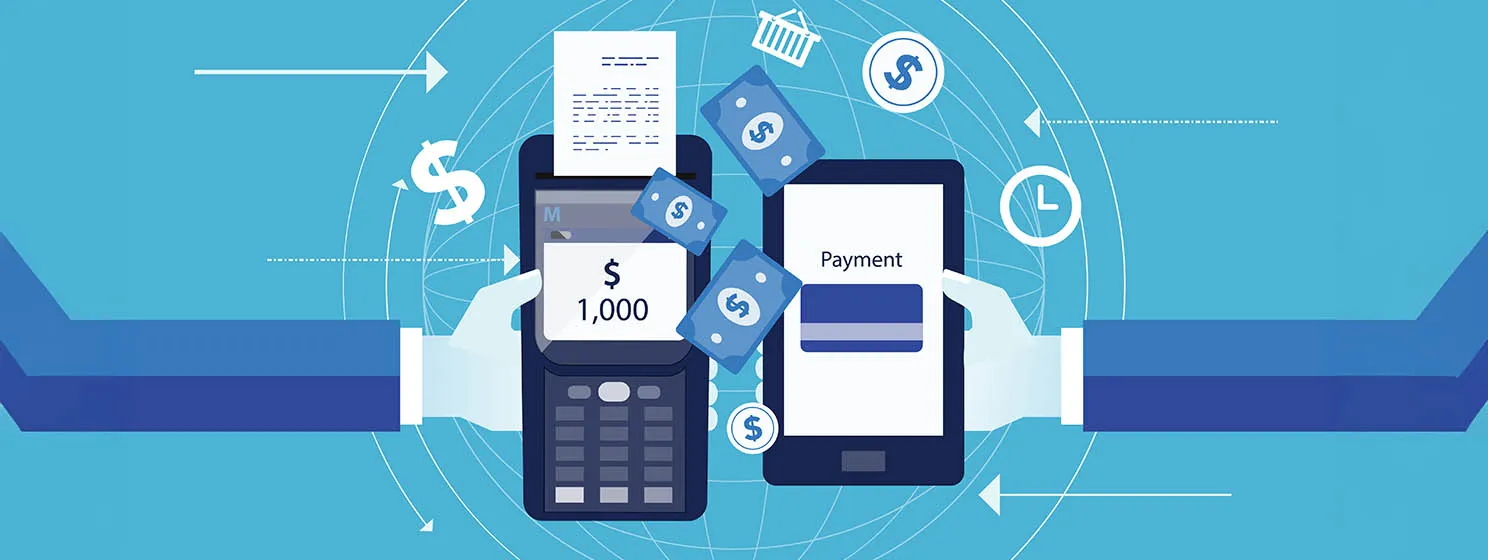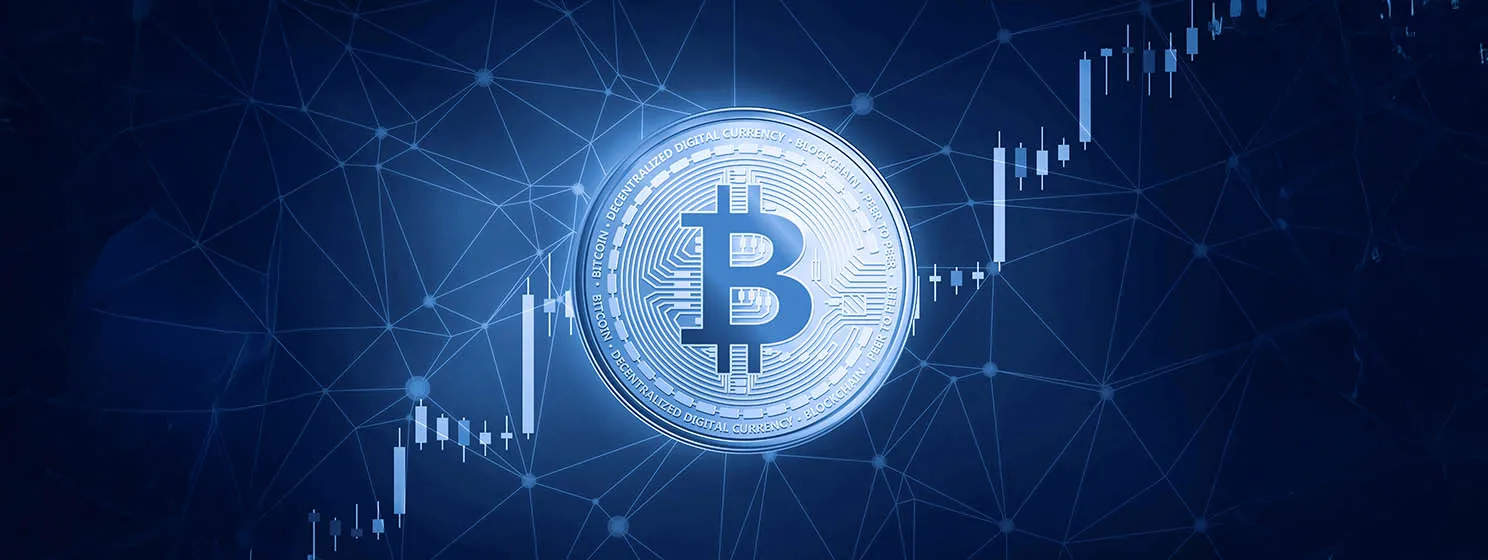
IPv4
Converging IPv6 & Bitcoin for a decentralized future
Alessio Pagani’s team at nChain is working on integrating IPv6 into Bitcoin, where you can use the same private key...
BTC + LN is worse than shared IPv4 addresses
Advancements in technology have led to the improvement of IP-to-IP transactions, and one of the contributing factors is IPv6 and...
The Bitcoin Masterclasses #3 in Zurich: Mapping transactions across multiple systems and swaps
In this session of The Bitcoin Masterclasses series, Dr. Wright notes that shipping would be more efficient on the blockchain,...
The Bitcoin Masterclasses Slovenia Workshop: Practical ways to use IPv6, multicast to revolutionize industries
In the final workshop of the Bitcoin Masterclasses, Dr. Wright asked attendees to think of ways to utilize blockchain, IPv6,...
Bitcoin and IPv6
Part 1 of The Bitcoin Masterclasses by Dr. Craig Wright discusses the possibilities of Bitcoin IPv6 and the potential revolutionary...
The Bitcoin Masterclasses in Slovenia Day 1: Workshop on Bitcoin blockchain implementation
In the final session of the first day of his Slovenia The Bitcoin Masterclasses, Dr. Craig Wright held a workshop...

 06-30-2025
06-30-2025 

